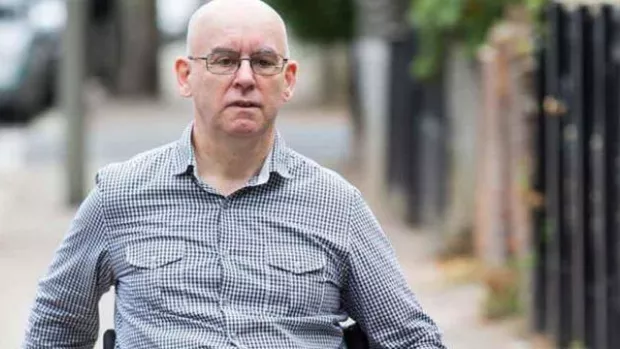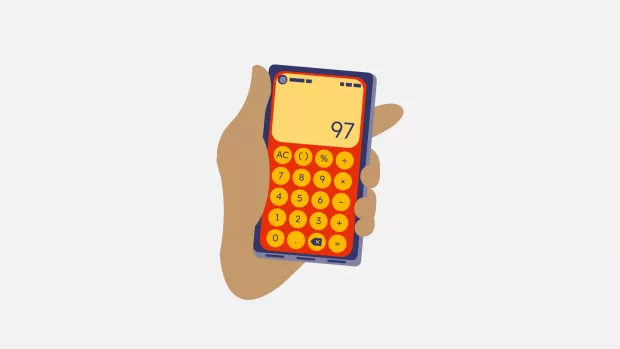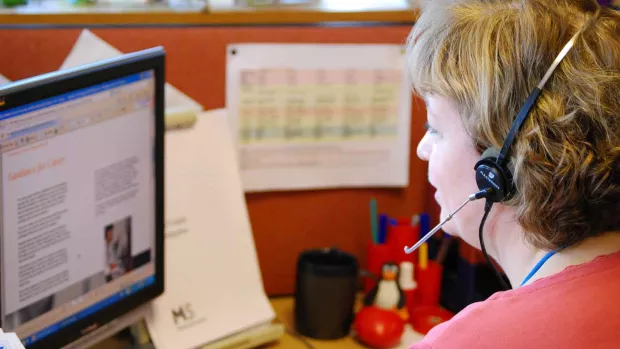
Bereavement – when someone dies
When someone close to us dies, it can affect our emotional and physical health. We hope this information makes it easier to find the support you want.
We also have information about dealing with practical matters after someone dies – like funerals and finances.
The effects of losing someone close
Grief is a normal healthy process we all go through when someone close to us dies. You might feel a whole range of emotions, including shock, anger and numbness, and it might sometimes feel overwhelming.
Everyone experiences it differently.
If you’ve looked after the person who’s died, you might find you’re also coping with the loss of your caring role. Your grief might include a sense of relief, and guilt at feeling that way. These are all normal reactions.
For anyone, strong emotions and dealing with all the practical things after a death can be very draining.
And sometimes the impact of bereavement isn’t immediate. You might start to struggle months or even years down the line, or just feel very stuck in your grief when it feels as though everyone else has moved on.
You could experience a range of physical and emotional symptoms as you process the loss, like:
- panic attacks
- anger
- anxiety
- loneliness
- sleep problems
- depression
- stress
If you’re having physical or emotional problems, speak to your GP. And you can also find support from our MS Helpline and these organisations.
Bereavement support
Cruse Bereavement Care offer emotional support and practical advice about dealing with death.
- Cruse in England, Wales and Northern Ireland – or call 0808 808 1677
- Cruse Bereavement Care Scotland – or call 0845 600 2227
The Sue Ryder charity has an online community which gives practical and emotional advice about bereavement.
If you're a carer
Carers UK have lots of information for when caring ends.
And if the person who died had been living with MS you're still very much part of our community. You are always welcome to get in touch with our MS Helpline team on 0808 800 8000 or email [email protected] if you need someone to speak to.
Counselling
Sometimes talking to someone can help, and your doctor can refer you for talking therapy. Unfortunately there is often a waiting list on the NHS for these services.
You can also contact local bereavement services through your GP or local hospice. Some have counsellors on their staff. There are also self-help groups set up and run by people who’ve lost someone and by charities which specialise in providing support.
Bereavement support services could include individual counselling, home visits and group activities.
The British Association for Counselling and Psychotherapy can help you find counselling services near you.
When children and teens lose someone close
Children and teenagers also grieve, but they express grief differently to adults. A child might not be able to make sense of what has happened. Often, they don’t have the words to describe how they feel, their thoughts and their memories. There are organisations that offer help and support especially for children and teenagers.
- Winston’s Wish support children, young people and their families after the death of a parent or sibling
- Simon Says provide child bereavement support
- Child Bereavement UK support families when a baby or child of any age dies or is dying, or when a child is facing bereavement
- The Honeypot provide respite breaks and ongoing outreach support to young carers and vulnerable children aged 5-12 years
- Way Widowed and Young offer support and friendship to young bereaved people
Last full review:
We also update when we know about important changes.




